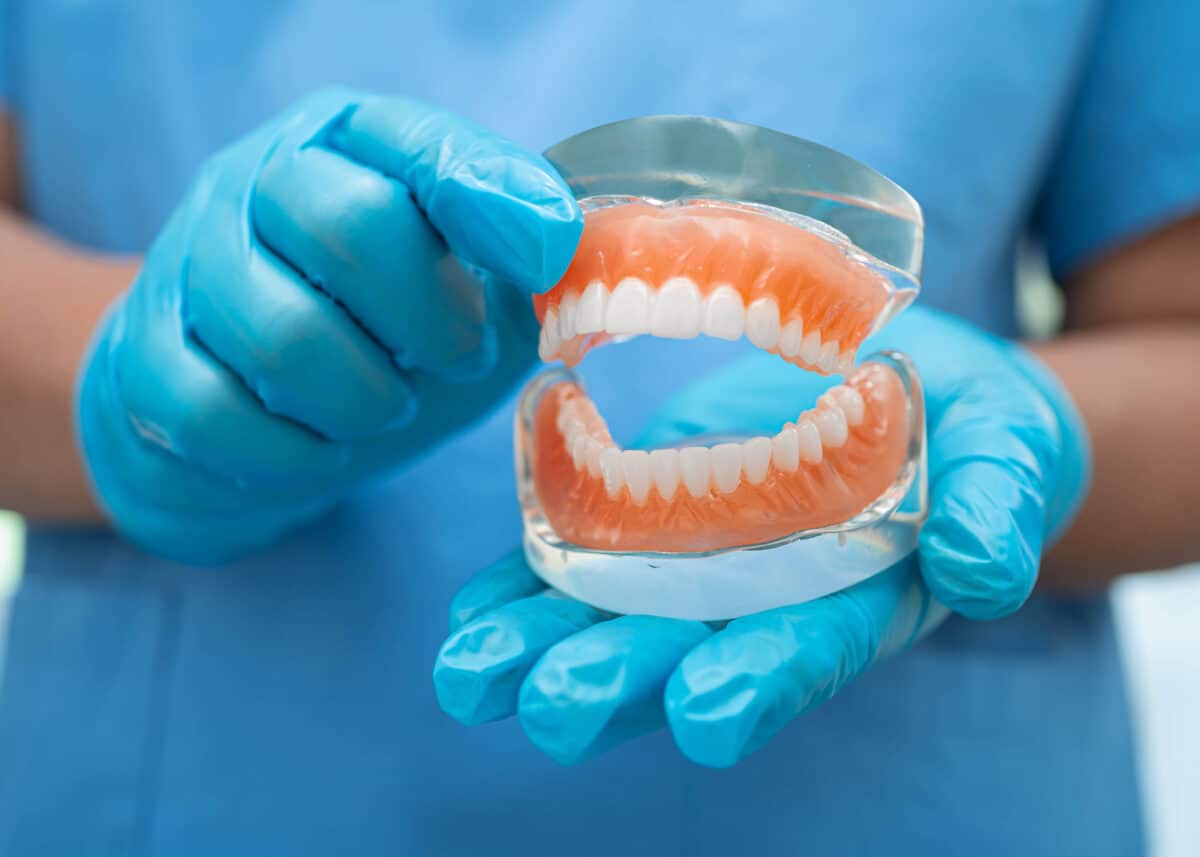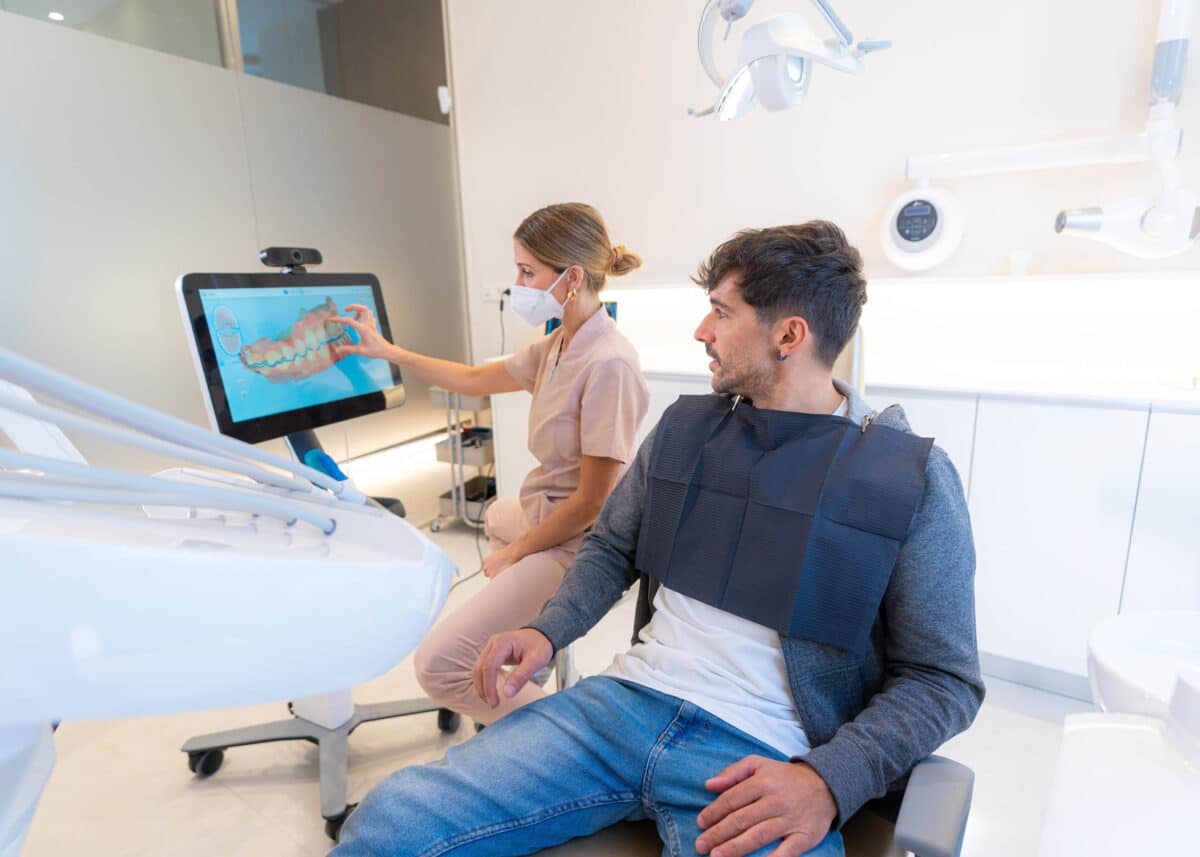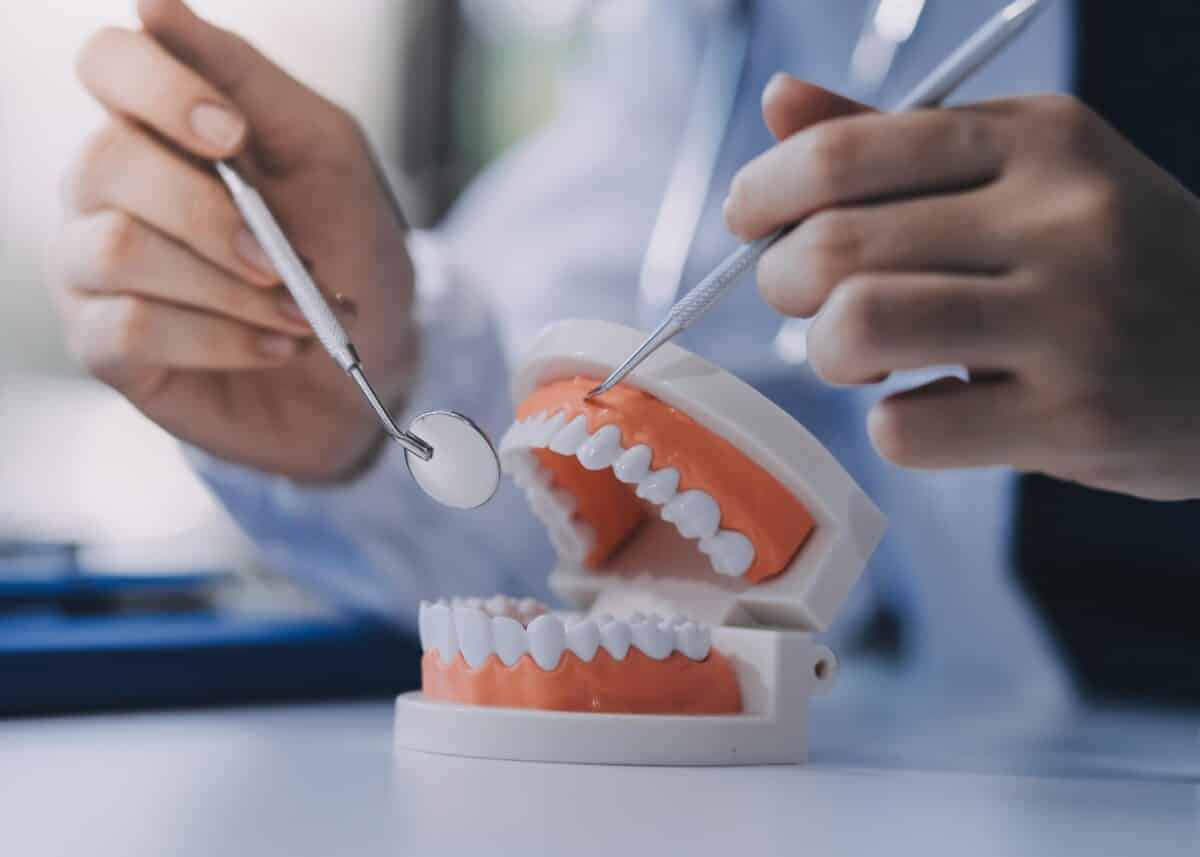Bad breath, also called halitosis, can be embarrassing—but you’re not alone. Millions of people deal with mouth odor at some point. The good news? There are simple steps you can take to improve it. Understanding what causes chronic bad breath is the first step toward finding the right solution.
What Causes Bad Breath?
Bad breath can come from a variety of sources, but the most common cause is poor oral hygiene. If you don’t brush and floss daily, odor-causing bacteria build up in your mouth, especially between your teeth and along the gumline. Over time, this can lead to periodontal diseases, which also cause mouth odor.
Other common causes include:
- Dry Mouth (Xerostomia): Saliva helps wash away bacteria. Without enough saliva, your breath may start to smell.
- Tobacco Products: Smoking or chewing tobacco not only leaves a bad smell but also increases the risk of gum disease.
- Foods: Garlic, onions, and spicy foods can leave strong smells that linger.
- Health Conditions: Issues like gastroesophageal reflux disease (GERD), postnasal drip, and even tonsil stones can lead to bad breath.
- Medications: Some prescriptions can cause dry mouth or release chemicals that affect your breath.
Easy Ways to Freshen Your Breath
Good oral care is the best defense against bad breath.
Start with these simple steps:
- Brush and Floss Twice a Day: Brushing your teeth and removing food particles helps prevent bacteria buildup.
- Don’t Forget Your Tongue: Your tongue can hold a lot of bacteria. Use a toothbrush or tongue scraper to clean it daily.
- Stay Hydrated: Drinking plenty of water throughout the day helps fight dry mouth and keeps your breath fresher.
- Use Mouthwash: Choose an antibacterial mouthwash to help kill germs that cause bad odors.
- Avoid Tobacco: Quitting tobacco can greatly improve your oral health and breath.
- Clean Dental Appliances: If you wear dentures, retainers, or mouth guards, clean them daily to avoid bacteria buildup.
When to See a Dentist
If you’ve tried everything and still struggle with chronic bad breath, it might be time to check for an oral health issue. A dental professional can spot problems like gum disease, cavities, or infections that may be leading to bad breath.
You should also talk to your doctor if your dentist rules out oral issues. Some medical problems, like GERD or sinus infections, might be the cause.
Keep Your Smile—and Your Breath—Fresh
You deserve to feel confident when you smile and speak. The best way to maintain fresh breath is by keeping up with daily care and regular dental visits. At Smith Dentalworks, we help patients tackle bad breath at its source with personalized care and expert advice. Whether it’s time for a cleaning, an exam, or a deeper look into a possible health condition, our team is here to support your smile.











